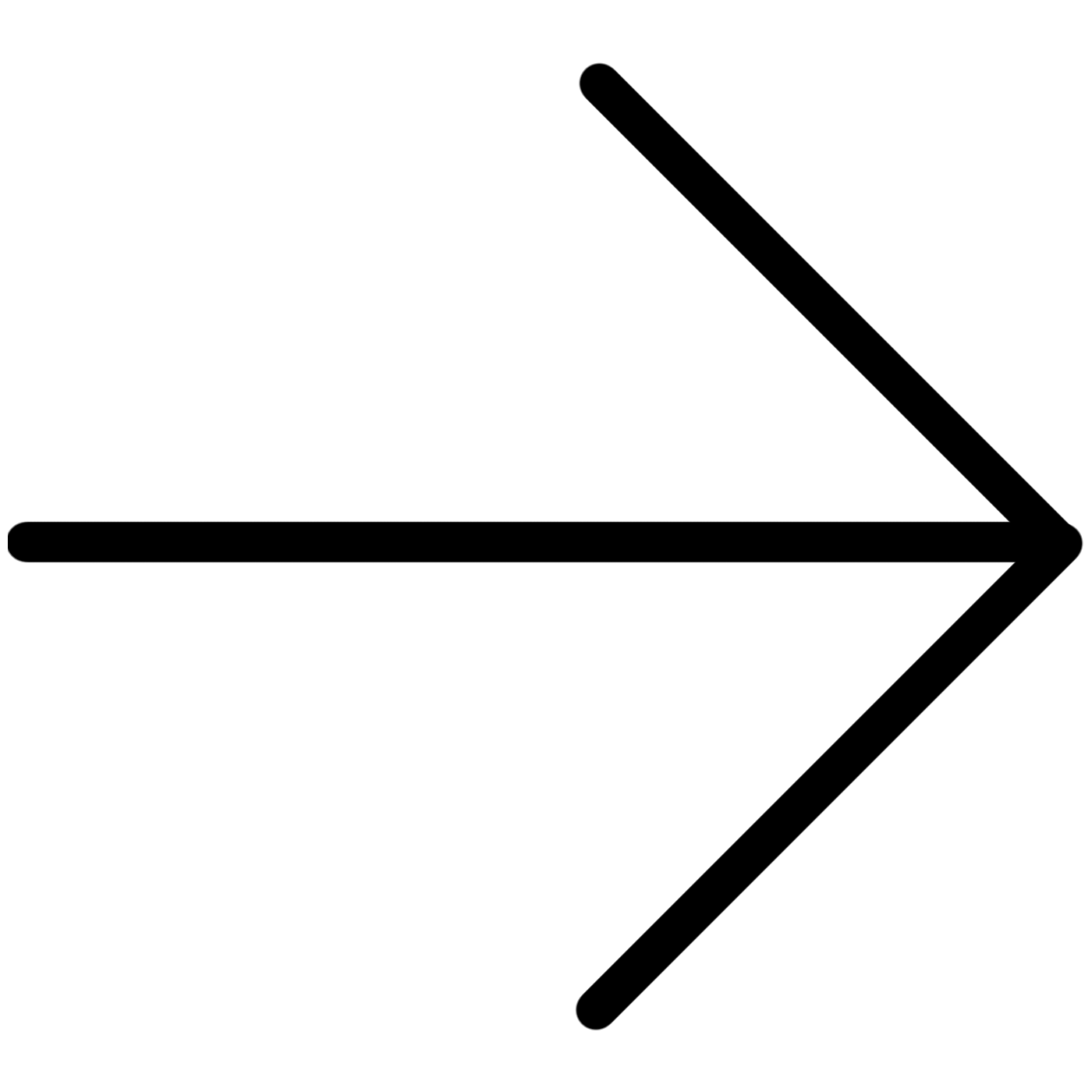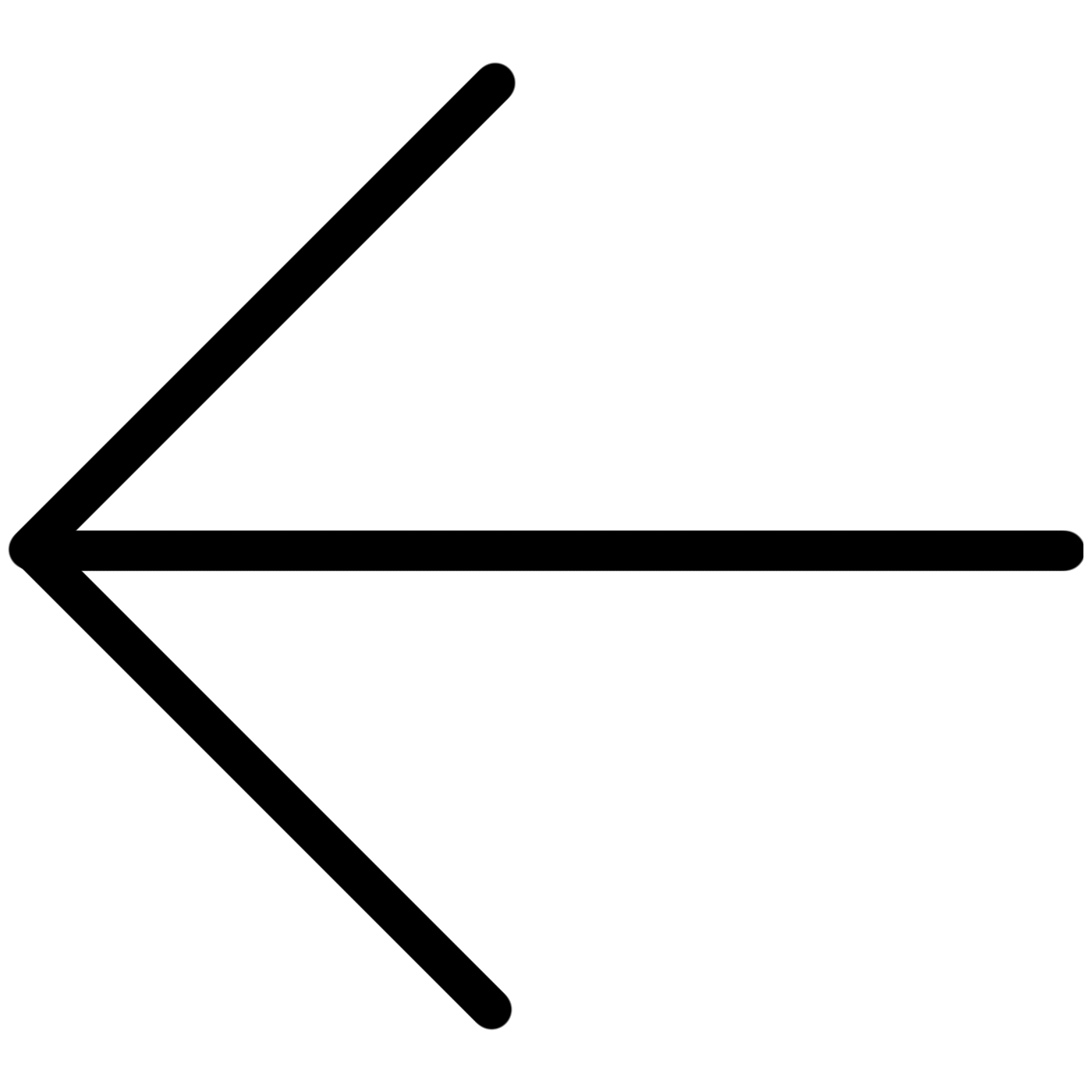

Everyone knows that if you query poets about how their poems begin, the answer is always the same: a phrase, a line, a scrap of language, a rhythm, an image, something seen, heard, witnessed, or imagined. And the lesson is always the same, and young poets recognize this to be one of the most important lessons they can learn:
if you have any idea for a poem, an exact grid of intent, you are on the wrong path, a dead-end alley, at the top of a cliff you haven’t even climbed.
This is a lesson that can only be learned by trial and error.
I believe many fine poems begin with ideas, but if you tell too many faces this, or tell it too loudly, they will get the wrong idea.